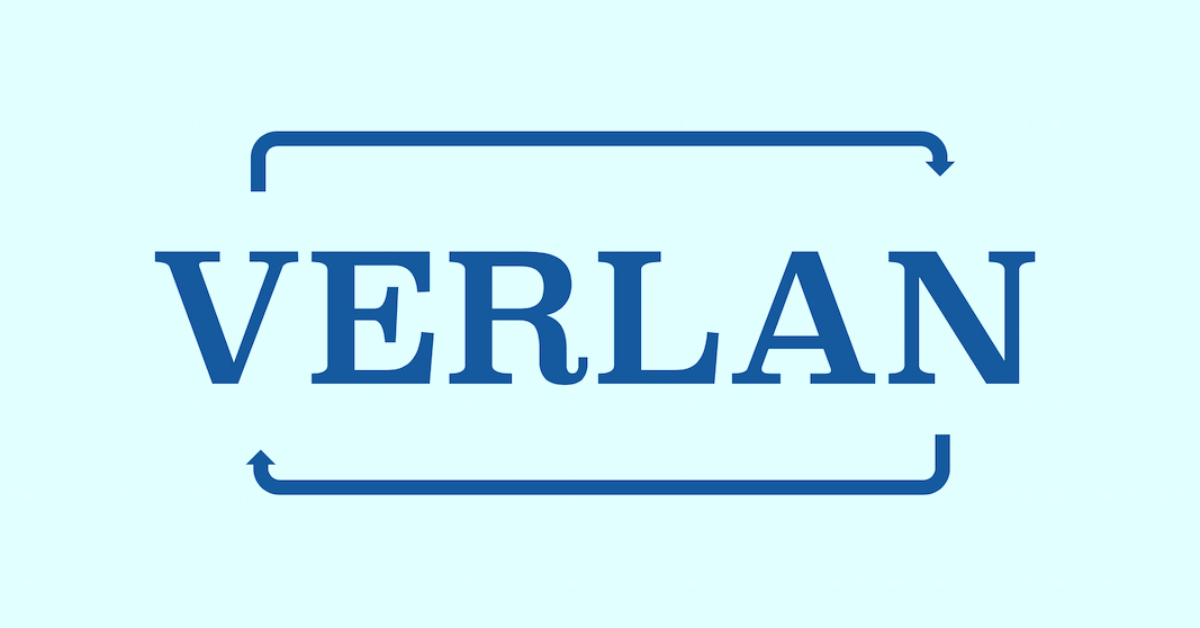If you’ve mastered the basics of the French language, it’s time to incorporate some words en verlan, a form of French slang (or argot) that plays around with the syllables of a word, in order to sound more like a native speaker.
Verlan dates back to the early 19th century, and some believe that Voltaire’s name is actually an example of verlan, stemming from his hometown of Airvault. It was created as a secret language to avoid authority figures, and continued to be used in this way by different groups of people throughout history. Verlan was later used among the criminal class in France to avoid detection by the police, and then again during World War II to evade German spies. But it really became popular in the 1960s and 1970s, when young French people of North African origin began using it in the banlieues around Paris. It quickly became incorporated into French rap music and hip-hop, as a clever form of wordplay. Today, there are many verlan words that French people use in everyday speech and in pop culture.
How does verlan work?
Verlan flips the first and last syllables of French words, similar to how we use Pig Latin in English, and the word verlan is actually an example of this style, as it is a flipped version of the word l’envers, which means “reverse.” In some cases, words can even be re-verlanized (also called double verlan), where the original word is flipped again. (Arabe famously became the word beur, which was later re-verlanized as reub to reclaim a term that some consider as having a negative connotation.) Verlan is technically a made-up language so there are no definite rules about whether you have to add an e to the end of a word to make it feminine or an s to the end of a word to make it plural.
15 Verlan Words Every French Speaker Should Know
There are numerous examples of verlan in use, but here are 15 common verlan words that will help you understand what your French friends are talking about.
1. Céfran — Français
Let’s start with the basics. Céfran, [say-frahn] is verlan for Français. To ask if someone is French, you’d say “Il est céfran?”
2. Tromé — Métro
Tromé, [tro-may] verlan for Métro, is one you’ll definitely hear in everyday conversation. If someone asks you, “Il est ou le tromé?” know that it’s just a cool way to say Métro.
3. Cimer — Merci
Spice up the standard merci by using its inverse, cimer. [see-may] If your friend does you a solid, say, “T’es trop sympa, cimer!”
4. Ouf — Fou
Also the French expression for “phew!”, ouf [oof] is verlan for fou, meaning crazy. If you’re pressed up against the window on a crowded metro, you’d say, “Il y a trop de monde, c’est un truc d’ouf.” Ouf can also mean crazy like crazy good.
5. Meuf — Femme
Meuf, [muf] verlan for femme, translates to “chick.” If your friend is checking out a woman in a bar, you can ask him, “t’aimes bien cette meuf?” Meuf also works for “girlfriend.”
6. Reuf — Frère
Reuf, [ruf] comes from frère, meaning brother. You might hear a guy greet his friend with “Quoi de neuf mon reuf?” It doesn’t mean they’re actually brothers, it’s just like saying, “what’s up, dude?”
7. Keum — Mec
The word mec becomes keum [kuhm] en verlan. If you met a cute guy at a bar, you’d tell your friend, “ J’ai rencontré un keum hyper-cool hier soir.”
8. Teuf — Fête
Use teuf, [tuf] verlan for fête, next time you want to thank the host of a party, tell them “ta teuf était géniale!”
9. Vénère—Énervé
Vénère [veh-nair-ay] comes from the word énervé, meaning angry. If someone steals your wallet, you’d say, “Quelqu’un a volé mon portefeuille! Je suis énervé, moi!”
10. Chanmé — Méchant
This one is really popular with the younger crowd in France. Chamné [shahm-nay] comes from the word méchant, which you may understand to mean “mean,” but en verlan, it translates to something like “wicked” (in the East Coast sense of the word). If you went to an awesome concert, you’d say “le concert était chanmé!”
11. Chelou — Louche
Use chelou [shuh-loo], verlan for louche, to describe something or someone that is shady. For example, if you go to a creepy part of town you’d say “je n’aime pas être seul dans cette quartier. C’est louche là-bas.”
12. Kainri — Américain(e)
Use kainri [ken-ree] when you want to say something is American or looks American. (Kainri is the verlan of the second half of the word “Américain”). When you see a girl going out in a crop top, you can say “elle a un style de kainri.” Or if your French friends have solo cups at a party someone might say “on boit dans des gobelets rouges comme des kainri.”
13. Réssoi — Soirée
Here’s another word for party, because the French love their parties. “Tu va à la réssoi?” [ray-swah]
14. Relou — Lourde
Relou [ruh-loo] is verlan for lourde, meaning heavy. Use it when you want to describe something dense or boring. For example, if your boss keeps repeating the same thing over and over again in a meeting, you’d say “il est tellement relou.”
15. Flic — keuf
You may know the slang word flic for police officer. To make the word extra cool and slang-y, use the inverse and say keuf [kuff]. Hypothetically speaking, if you and your friends were up to no good, you’d yell “Vite! Voila les keufs!”
Frequently Asked Questions – Verlan
What is an example of verlan?
Keuf, chelou, meuf, and ouf are all common examples of verlan.
Do the French still use verlan?
Verlan is widely popular in France today, and many verlan words have been incorporated into colloquial French.
Does verlan exist in English?
Verlan is similar in structure to the English game of Pig Latin.
How do you use verlan in French?
Any word can be verlanized by flipping the first and last syllables.
Also Read:






